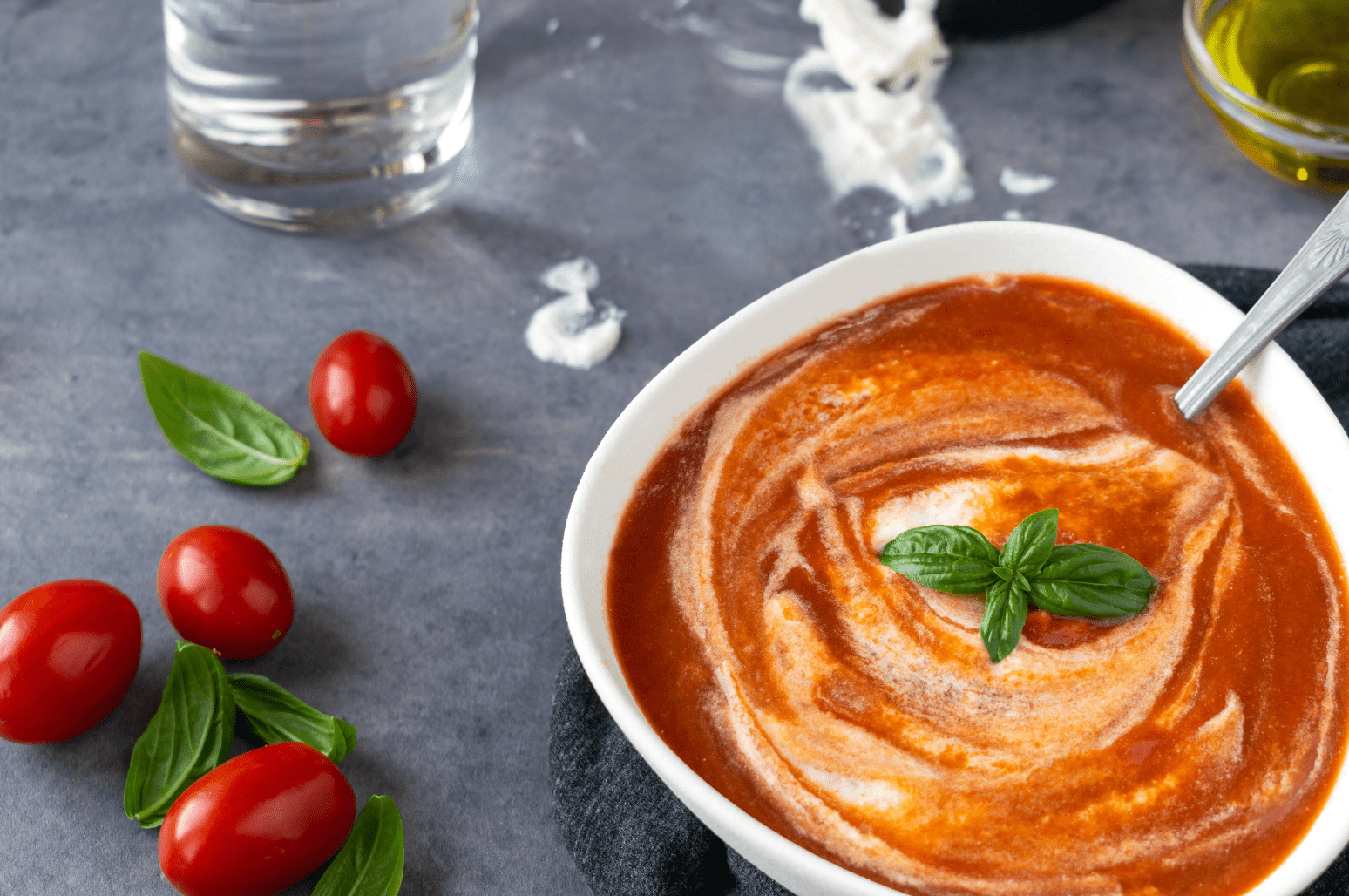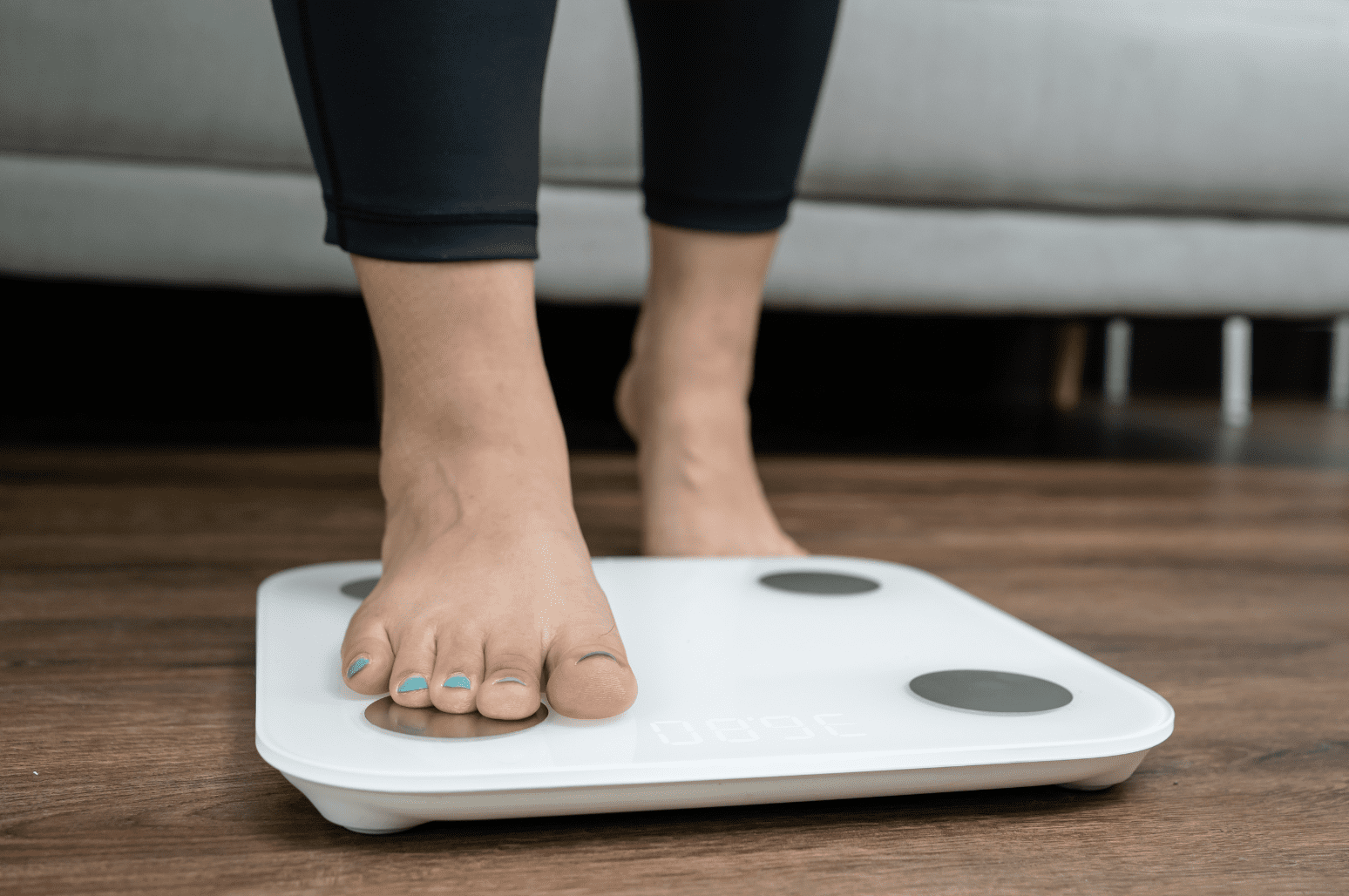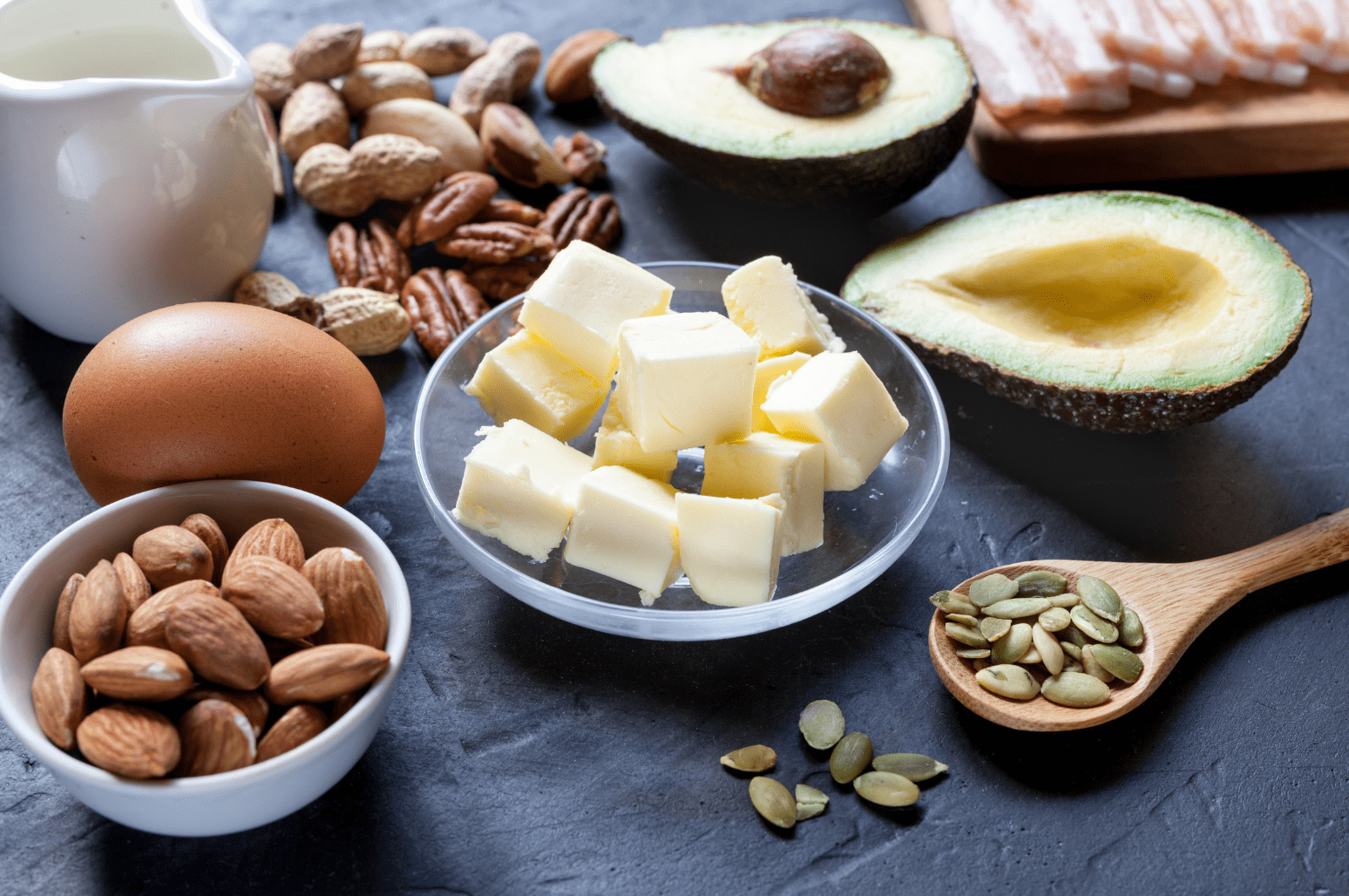
Does this sound like you: you’re trying to give the ketogenic lifestyle your very best shot, but endless cravings and emotional eating are hampering your very best efforts to continue with your new lifestyle change?
The good news… You’re not alone.
Eating an ice cream sundae or hot, baked bread releases dopamine that lights up the brain’s pleasure center and makes you feel amazing… for about five minutes. After you are left needing more of these substances to nurse the subsequent feelings of guilt and shame with yet more food.
What Is Emotional Eating and Why Do We Do It?
According to Susan B Roberts, Ph.D:
“Neurologically, the sensation of craving is considered to be a sensation of ‘need’ that we experience as a ‘have to have it’s feeling, arising out of dopamine and b-endorphin circuits in the ventral striatum and other midbrain areas, and is distinct from hedonic pleasure, which is just about loving the taste of food.”
Sound familiar? And there’s more. Not only are your food cravings a result of pleasure and reward-seeking, but they can also be tied to your brain’s memory center. Craving a specific food means that your brain could be tying that food to a memory.
Remember those days when you were sick in bed with a stomach bug, feeling miserable and alone, and your mom came in with a can of cola and salty chips?
Personally, it took me years of trying to identify the reasons for my behavior when it came to food, triggers, and cravings and to truly understand the why and how for me. Finally, I realized that I ate based on my feelings; I used food – specifically rewarding foods high in carbs and sugar – to soothe, reward, and even punish myself. While not everyone craves due to these reasons, for those of us that do, it can be very challenging.
How to Stop Emotional Eating
There is hope. The first step in putting a stop to your triggers and cravings related to emotional eating, comfort eating, or binge eating is to identify your personal triggers. Which situations, places, or feelings make you reach for the comfort of food and in doing so steer you off your keto course?
- “I’m bored, I’m alone, I have nothing to do” – Boredom or feelings of emptiness and loneliness – Do you ever eat simply to give yourself something to do? Does eating fill a void in your life?
- “It’s rude not to eat the food at this party” – Social functions and peer pressure – It’s easy to overindulge simply because the food is there or because everyone else is eating. You may also overeat in social situations out of nervousness.
- “I am so stressed!” – Stress – Ever notice how stress makes you hungry? When stress is chronic, as it so often is in our fast-paced, on-the-go world, it leads to high levels of the stress hormone, cortisol. Cortisol triggers stress cravings for foods that give you a burst of energy and pleasure. Managing stress in your life ensures that you are less likely to turn to food for emotional relief.
- “I don’t want to feel, I don’t like my feelings” – Stuffing or pushing your emotions down – Eating can be a way temporary way to “stuff down” uncomfortable emotions, including anger, fear, sadness, anxiety, loneliness, resentment, and shame. While you’re numbing yourself with food, you can avoid the emotions you’d rather not feel.
- Childhood habits – Think back to your childhood memories of food. Did your parents reward you with chocolates, ice cream, pizza, and fizzy drinks? Were you given sweets to make you feel better when you were sad? These emotional childhood eating habits often carry over into adulthood.
The key is to identify these feelings and find other ways to soothe them that don’t involve food.
- Feeling lonely? Instead of finding friendship at the bottom of a Ben and Jerry’s tub, go for a walk with a friend.
- Feeling bored? Instead of reaching for those cookies, stimulate your mind by investigating subjects you are interested in, take a dance class, or read an amazing book.
- Stressed? Exercise! Find something you enjoy, and commit to your health. Make time for yourself and put your needs for self-care first.
- Childhood habits? It’s time to cut those apron strings and practice new ways of being grounded in self-love and self-respect. Therapy can help.
Most importantly, always remember that you are not alone. Find a supportive group in your neighborhood or online. Being accountable to a group, especially at the beginning of trying to create new habits, can be very powerful!
While we all have triggers that set us off, for certain individuals (like myself) these cravings can get out of control. If you do feel you may have a problem with binge eating, overeating, or think that you may suffer from an eating disorder, it is always important to seek professional help.








